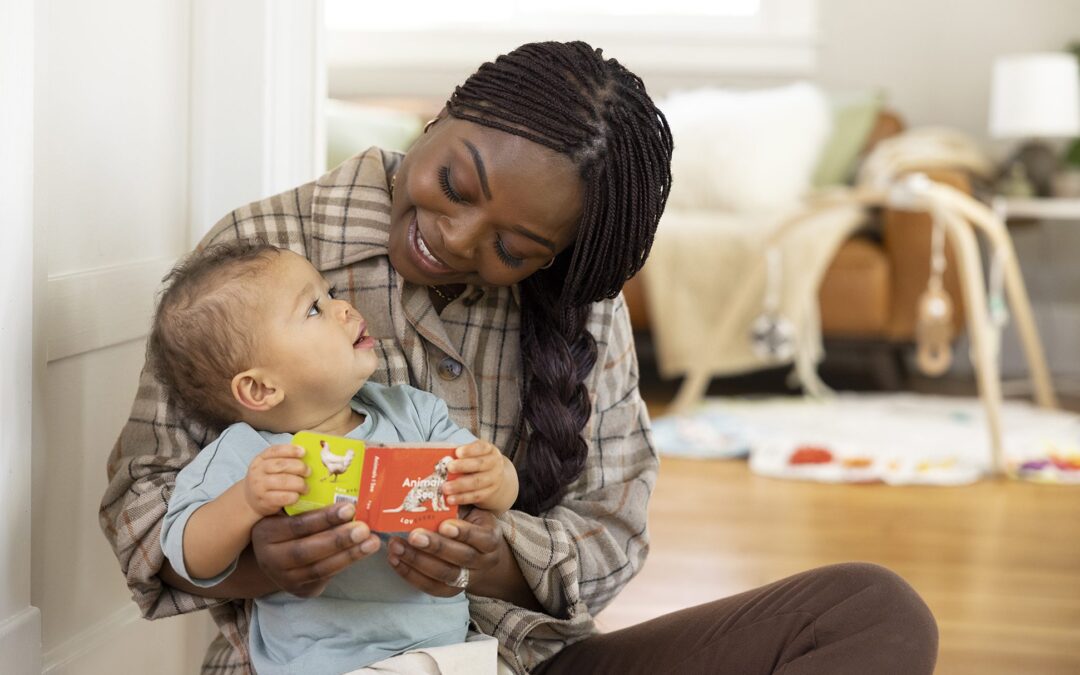Talking to children and answering any questions they may throw at you is one of the fundamental ways in which they learn. Talking, however, isn’t just important once youngsters have already mastered basic language skills, but well before they have even uttered their first words.
Human beings aren’t born with language skills, but rather we acquire them gradually from an early age and build on them throughout our lives. Even as very small babies, we begin to learn the art of communication, which means that by constantly talking to your child you can be gradually teaching words and sentence structures, not to mention the things that go along with spoken language, such as facial expressions and gestures. Instead of simply repeating the words “mom” or “dad” to get your baby to repeat them, talk about everything that is going on in order to add to their memory banks and make it easier for them to learn a greater number of words in a shorter period of time. For example, you can talk to them about the foods that they are eating, describe what you are doing or chat about the things that you see on a visit to the park. The baby will eventually associate the words with the things you are talking about.
Mealtime Can Boost Brainpower
There is no better time to engage your child with language than at meal and snack time. Whether you’re breastfeeding or formula feeding, doing solids or purees, you have your baby’s undivided attention. Talk, talk, talk to them about everything and anything. The sound of your voice is soothing to your baby anyway, so why not chat away?
As your baby moves into toddlerhood, you can introduce basic terms like hungry, full, more, and all done. Not to mention snacks are a fantastic way to reward your baby’s attempts to talk or babble back.
Change Up Your Tone
You don’t speak in a monotone voice, and neither will your baby! So use the appropriate tone in conversation. For example, peek-a-boo is a surprising game. It’s ok to sound surprised! Similarly, when asking your baby a question, it should sound like a question. The change in your tone will help your baby learn the difference between a question that needs a response and a statement.
Babies may not understand what you are saying when you chatter to them incessantly, but the constant communication will help them build their own language skills that much sooner.

